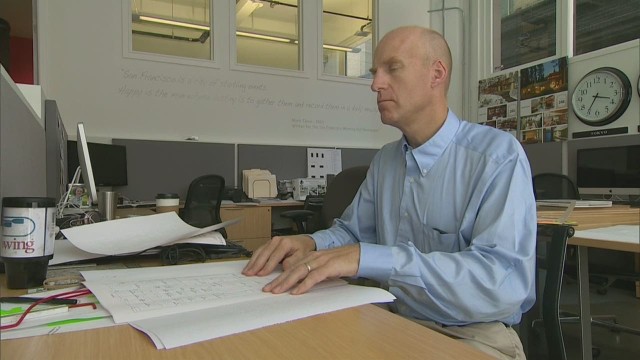Democratic Architecture
I really appreciated Alejandro Aravena's architectural philosophy, and it relates very much to my own philosophy on architecture. Architecture definitely has a history of being elitist, and I think one of the biggest things architects struggle with is speaking and connecting with communities. We have our own jargon, which is great when we are in the presence of other professionals, however, it separates us from being able to properly engage others. What I really appreciated from being in the Architecture+CommunityBuild program is that we got to work hands-on in communities, and speak with community members and try to use their input in the project. We also took a seminar class on community, though it seemed more like an urbanism class, I still appreciated that we were exposed to working in separate communities and getting feedback from various people on how they perceive their town.
I am aware that architecture is often suspended in the realm of objectivity versus subjectivity, and while both are valid, I feel that architecture needs the subject to ground it and make it meaningful. Yes we have special knowledge, and yes we should use that to create spaces that everyday people could never fathom, but I feel that the root of our work is in the public good and if we don't have that foundation, then our work is meaningless.
I came across a very fascinating story last year where an architect went blind almost suddenly. He went to see an occupational therapist who then said they would need to train him for another profession. He argued and said that architecture was his passion and that he wanted to continue pursuing it, he found a method that worked for him and now leads many projects that are designed specifically for the visually impaired. Although his circumstances are unfortunate, I find it inspiring that he has used this as a gift to a community that doesn't get included in many design decisions.


I am aware that architecture is often suspended in the realm of objectivity versus subjectivity, and while both are valid, I feel that architecture needs the subject to ground it and make it meaningful. Yes we have special knowledge, and yes we should use that to create spaces that everyday people could never fathom, but I feel that the root of our work is in the public good and if we don't have that foundation, then our work is meaningless.
I came across a very fascinating story last year where an architect went blind almost suddenly. He went to see an occupational therapist who then said they would need to train him for another profession. He argued and said that architecture was his passion and that he wanted to continue pursuing it, he found a method that worked for him and now leads many projects that are designed specifically for the visually impaired. Although his circumstances are unfortunate, I find it inspiring that he has used this as a gift to a community that doesn't get included in many design decisions.




The story you've included about the blind architect is really intriguing. What it leads me to reflect on is the term NIMBY. I can't remember where I heard this, (last year in Charleston maybe?), but it is an acronym for 'not in my back yard.' I think that we are all unwittingly NIMBYs from time to time - everyone, not just architects. But as architects, I think it is especially critical to extensively investigate and consider all user groups, such that the resultant architectural product is inclusive for all users, and not only defined by our own interests and experiences.
ReplyDeleteThe story you've mentioned reminds me of a similar situation with a deaf designer. Him and his staff of students and architects developed a project called DeafSpace which aims to incorporating innovations that are more pleasing to everyone, both hearing and deaf. It's definitely important to not forget how other users communicate in a space.
ReplyDelete